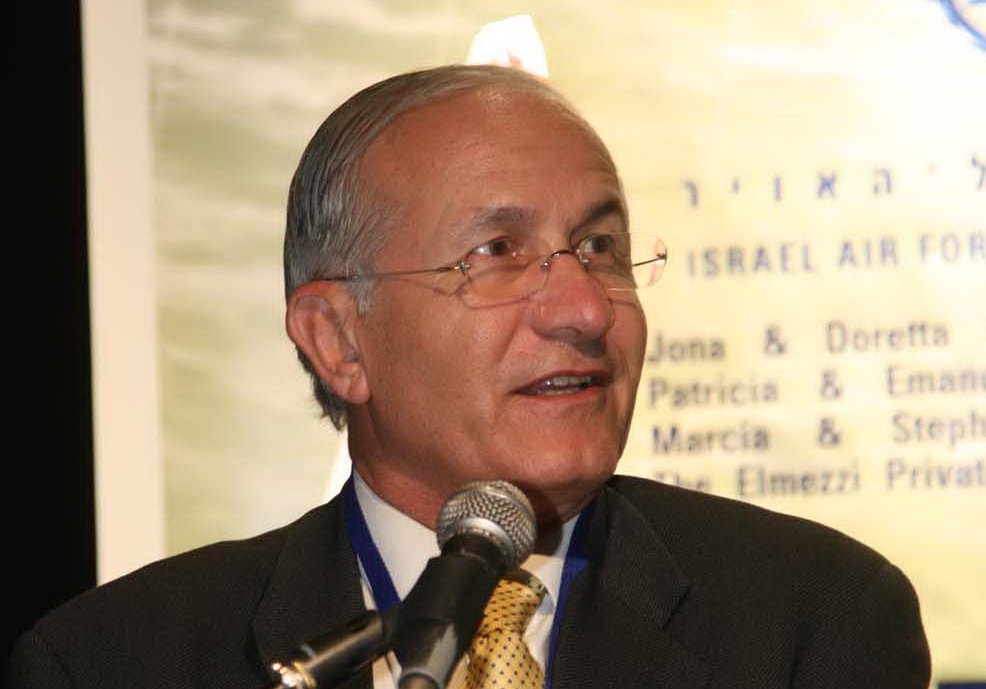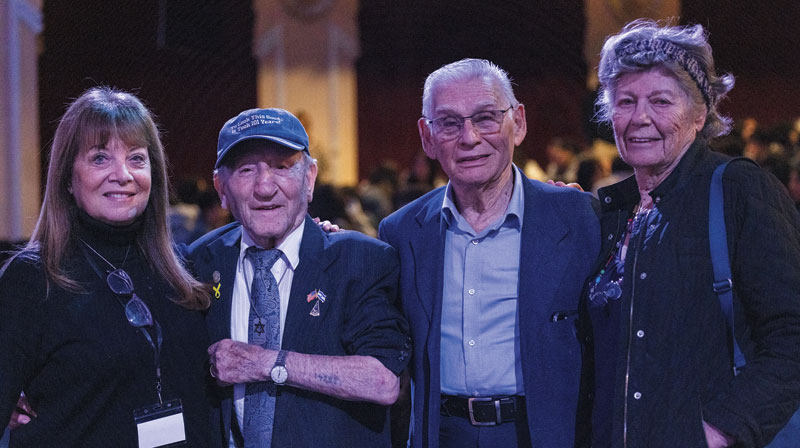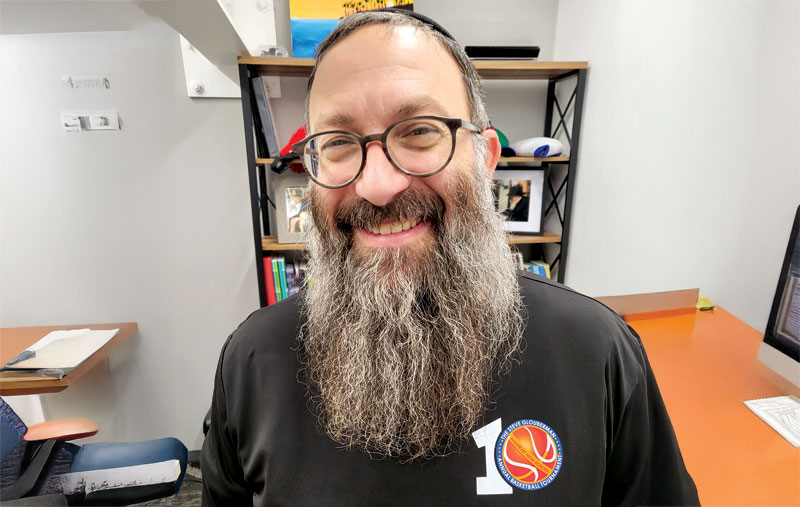
Yaakov Katz is an Israeli journalist who currently serves as Editor-in-Chief of the Jerusalem Post. He previously served for close to a decade as the paper’s military reporter and defense analyst. In 2012-2013 he was a fellow at the Nieman Foundation for Journalism at Harvard University and is a faculty member at Harvard’s Extension School where he teaches an advanced course in journalism. Prior to taking up the role of Editor-in-Chief at The Jerusalem Post, Katz served as Senior Foreign Policy Advisor to Israel’s Minister of Education and Diaspora Affairs Naftali Bennett.
This exchange focuses on Katz’s recent book (co-written with Amir Bohbot) The Weapon Wizards: How Israel Became a High-Tech Military Superpower (St. Martin’s Press, 2017). You can find parts 1 and 2 here and here.
***
Dear Yaakov,
Your book ends with a description of your curious meeting with Shimon Peres, whom you describe as “the man who built Israel’s military and purported nuclear capabilities.” Now while Peres’ contribution to Israel’s security was recently collectively celebrated by the Israeli public following his death, your book contains a great deal of unsung heroes.
For our final round, I’d like to ask you to choose 3-4 people who don’t get enough credit for their contribution to Israel’s culture of military ingenuity. Whom should Israelis know more about and thank for their country’s vital military edge?
We’d like to thank you once again for doing this exchange.
Yours,
Shmuel
***
Dear Shmuel,
That is a good question. The truth is that while I had heard and read a lot about Peres’s involvement in building up Israel’s military industry, it wasn’t until I did the research for the book did I gain a full appreciation for his role. It is quite amazing the impact one individual can have on the trajectory of a nation.
You are right that our book has a number of unsung heroes. There is “Talik” – IDF General Israel Tal – who came up with the idea for Israel to build its own tank, what is now known as the Merkava, one of the most sophisticated and best-protected tanks in the world.
There was Haim Eshed, the colonel from Military Intelligence who came up with the idea for Israel to build its own satellite in the late 1970s when he understood that peace with Egypt was coming and that it would entail an Israeli withdrawal from the Sinai Peninsula. Israel needed to see what was happening in Egypt, and satellites was the only way, but most people were sceptical that Israel – a country not yet even 30 years old – could achieve such a technological feat.
There was Danny Gold, the IDF brigadier general, who championed the Iron Dome, pushed it through all of the government and military bureaucracy, violated some regulations and gave Israel a system that has been a tremendous success in protecting peoples’ lives at times of war.
There was Shabtai Brill, the IDF intelligence officer, who came up with the idea for Israel to take a toy airplane, attach a camera to it and fly it over the Suez Canal in 1969. This started Israel’s billion-dollar drone industry and made it into a drone superpower.
And there was Danny Shapira, the test pilot who got the French to reconfigure the Mirage and install on it a rapid-fire cannon – the French only wanted missiles – which was then used successfully during the Six-Day War to shoot down 51 enemy aircrafts all by cannon fire.
And there are many others. Some are chronicled in this book, but most are not. They are part of an amazing group of innovators, scientists and soldiers who are constantly thinking about how to keep Israel safe in a volatile Middle East.
What fascinated us during the research for this book was the common denominator between all of these different characters. People who are looking for ways to innovate, to push through their ideas or inspiration how to be persistent in their own work environments, can learn a lot from these characters.
What all these characters did individually, but also together, was see opportunity where others saw peril, be creative and innovate while refusing to take no for an answer.
Eshed, for example, was told numerous times that his satellite idea would fail. His colleagues tried to get him fired. Brill’s toy airplane idea was a huge success but then the IDF shut down the project, a tragic mistake since it could have had drones to give it a warning ahead of the Yom Kippur War in 1973. Talik’s tank idea seemed way too expensive for Israel to fund. And Gold got rewarded for the Iron Dome with a State Comptroller investigation and critical report.
All of them refused to give up. They refused to surrender to the naysayers. This is a lesson for us all.
Shmuel – Thanks again for this opportunity.























 More news and opinions than at a Shabbat dinner, right in your inbox.
More news and opinions than at a Shabbat dinner, right in your inbox.